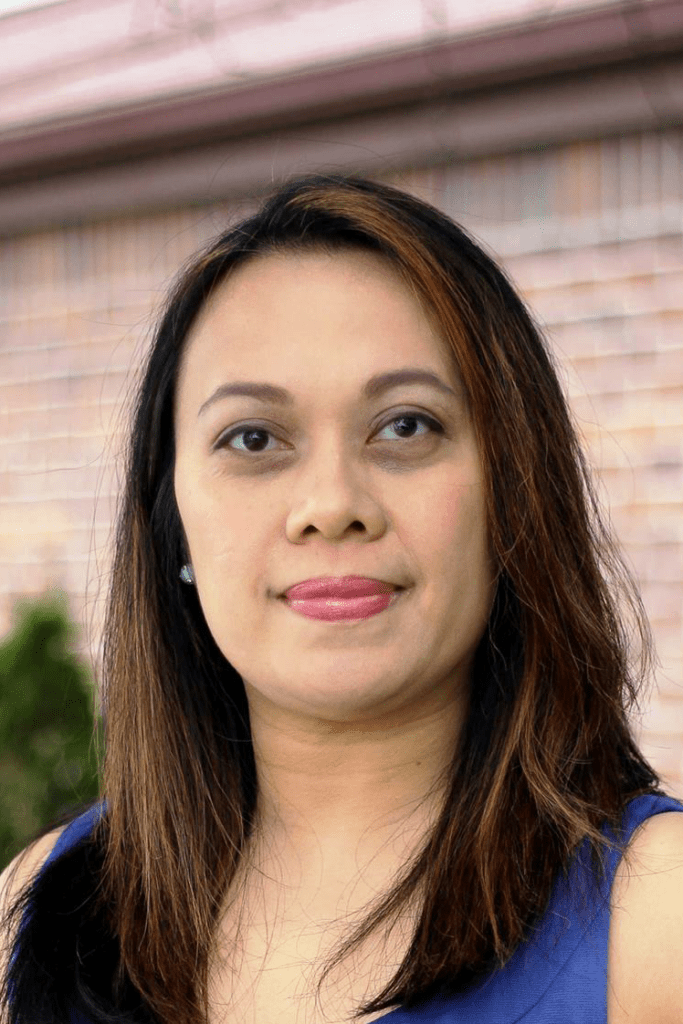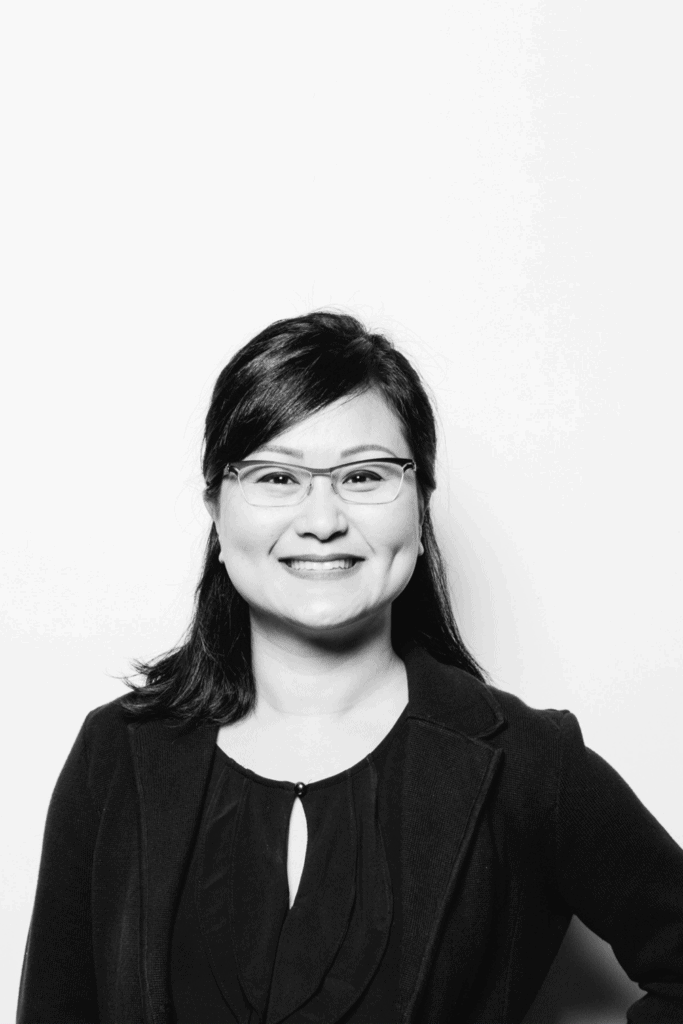The Department of Pharmaceutical and Health Economics offers a Master of Science in Pharmaceutical Economics and Policy. Our master’s students receive rigorous, multidisciplinary training in all aspects of pharmacoeconomics, including cost effectiveness analysis, econometrics and health technology assessment. Our graduates are highly sought after for their research skills and ability to apply economic concepts in practical decision-making environments such as managed-care pharmacies, third-party payers and government agencies.
A distinguishing characteristic of the USC Master’s Program in Pharmaceutical Economics and Policy is the degree to which students are actively engaged in publishable research, either as the lead author or as a secondary author in collaboration with a faculty member.
What initially interested you in your program, and how did it ultimately prepare you for what you are doing now?
“Health economics seemed to offer many of the methodologies that nationalized healthcare would eventually need to assess the value of new medicines and products. The resources and faculty at USC were helpful in preparing me by giving me both technical training and hands-on experience during my degree. Back then, writing abstracts, crunching SAS code on datasets and presenting results was not available in many training programs.”
Morgan Bron Green
MS, Pharmaceutical Economics and Policy ’01
Ingrezza Franchise HEOR Lead, Health Economics and Outcomes Research at Neurocrine Biosciences
What initially interested you in your program, and how did it prepare you for what you are doing now?
“I was particularly interested in learning more about the interactions among patients, healthcare providers, government agencies, and insurance companies. That’s when I found the master’s program in Pharmaceutical Economics and Policy at USC. The program led me to develop a deeper understanding of health economic theories, healthcare marketplace dynamics, and outcomes research methodologies. Our faculty members paid acute attention to developments in healthcare decision making, policies, and passed on what would greatly benefit us. They definitely balanced teaching the technical knowledge with understanding the applicability of it in the real world.”
Ji-Young (Lauren) Lee
MS, Pharmaceutical Economics and Policy ’06



